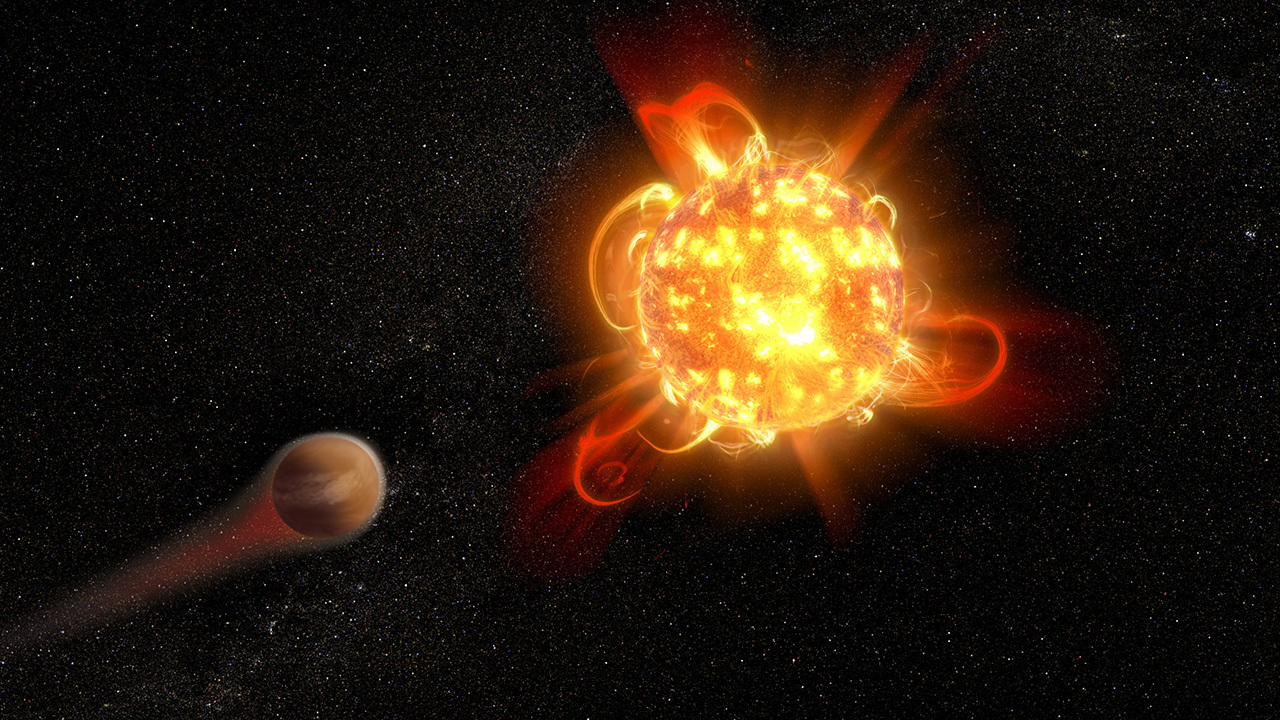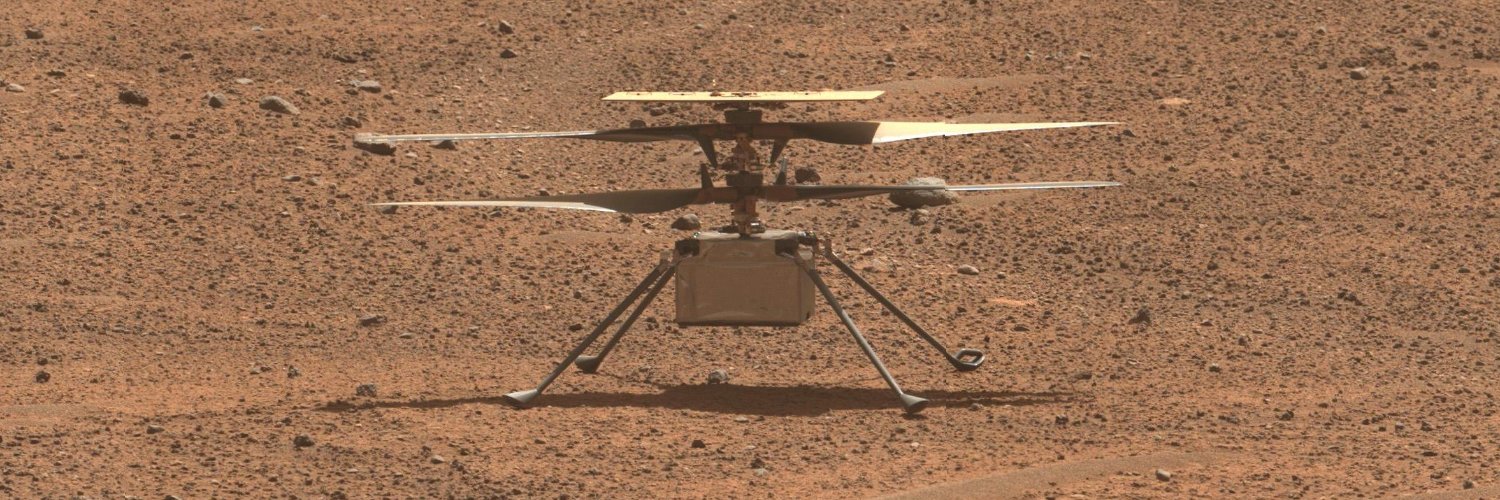
AAS Nova
@AASNova
Highlighting recent astronomy research from the American Astronomical Society's journals. Editors: Kerry Hensley & Susanna Kohler. Header: https://bit.ly/43tgBD
Escaping the Dust Trap: Simulations of Dust Dynamics in Protoplanetary Disks Recent 3D simulations suggest that dust traps within protoplanetary disks may be more permeable than previously thought. aasnova.org/2025/07/25/esc…
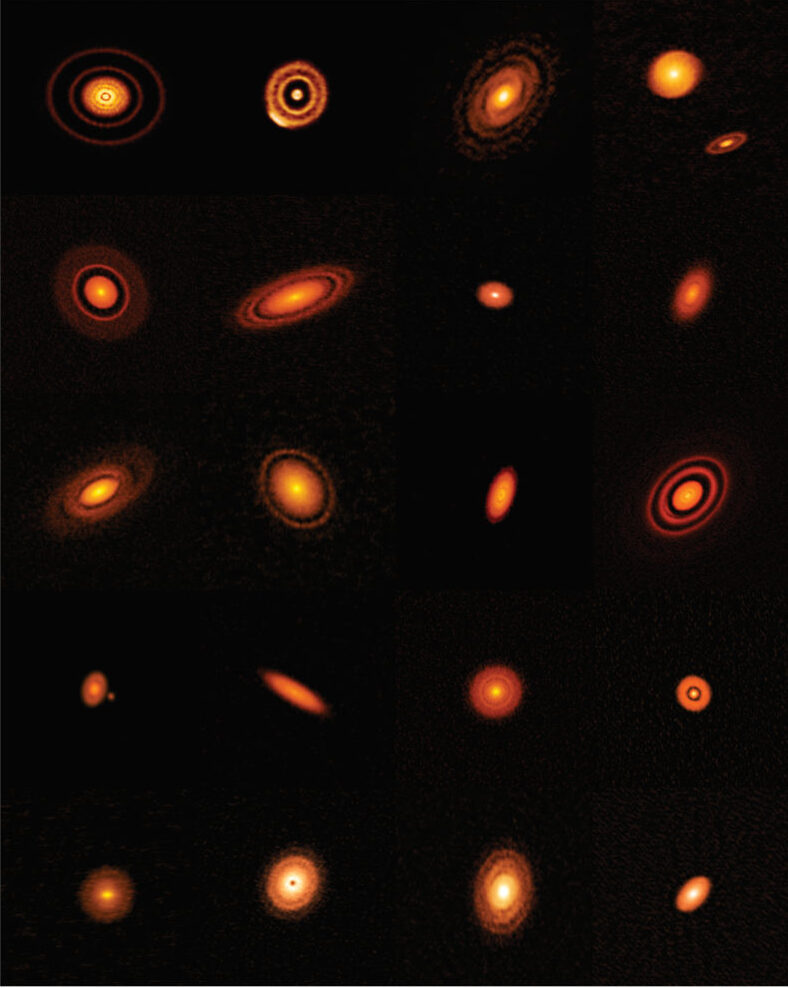
Monthly Roundup: The Supermassive Black Hole of Messier 87 Messier 87 hosts one of the most-studied supermassive black holes in the universe. What have researchers recently learned about this black hole’s spin, jets, and flares? aasnova.org/2025/06/25/mon…
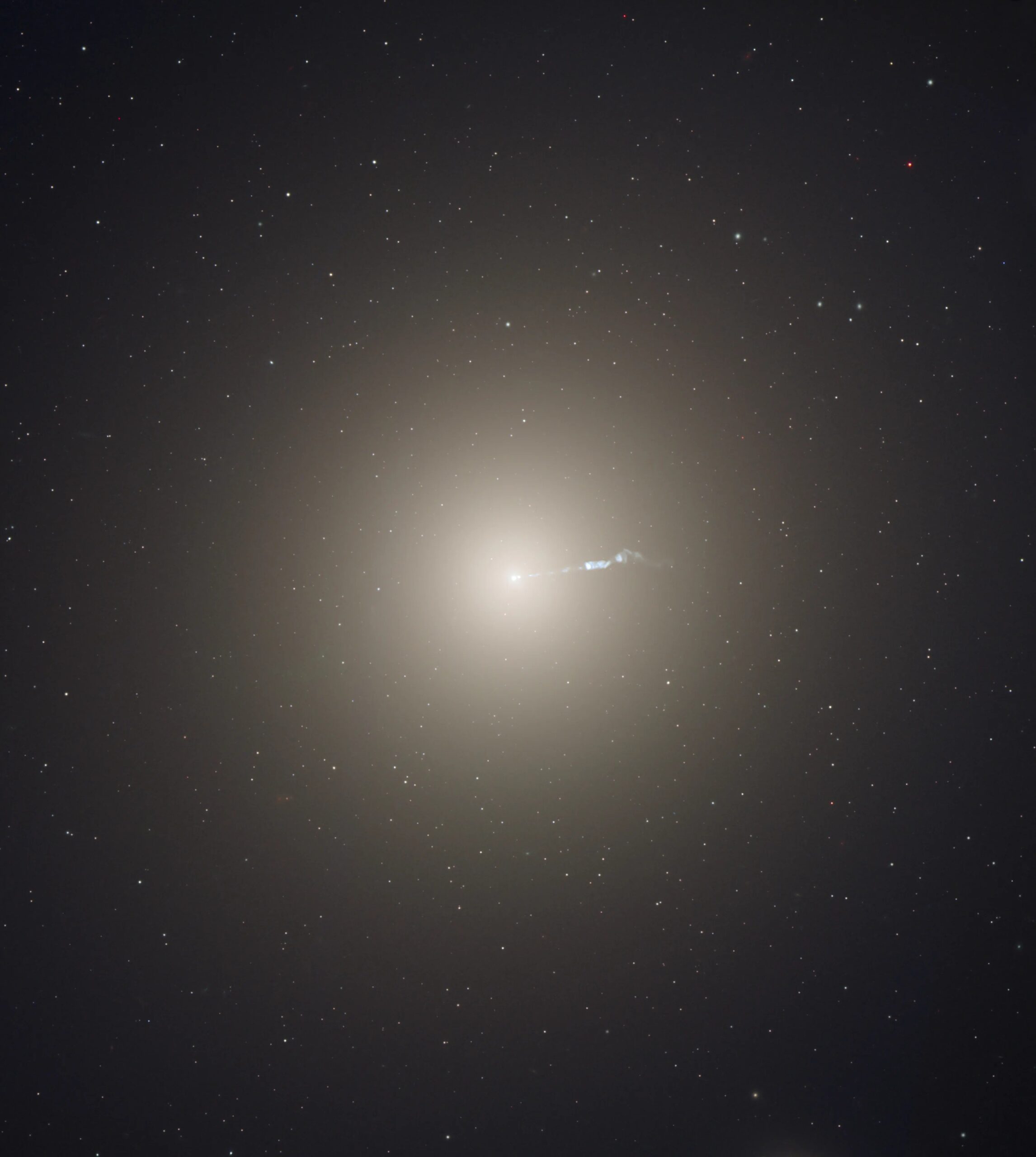
Featured Image: Mother’s Day Superstorms In May 2024, the Sun put on a powerful display of solar storms, and researchers have examined the source of all this activity to understand why. aasnova.org/2025/07/28/fea…
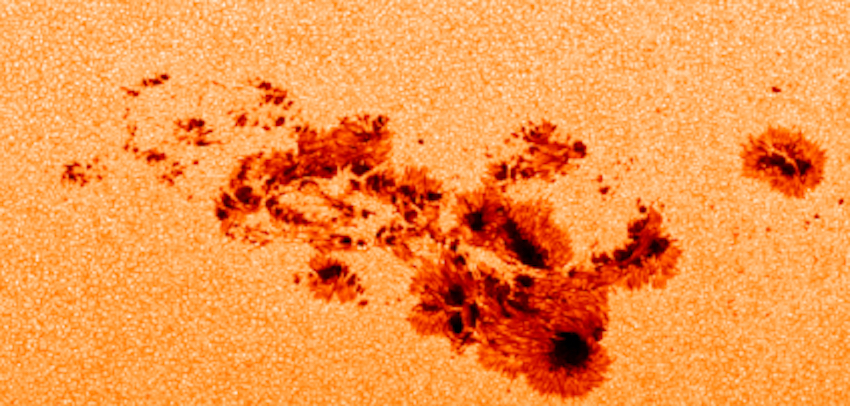
Betelgeuse’s Companion Star May Have Been Seen at Last Finally found: using speckle imaging, researchers have spotted what is likely the predicted 1.6-solar-mass companion to the red supergiant Betelgeuse. aasnova.org/2025/07/23/bet…

A GLIMPSE of the First Galaxies? @astrobites's Skylar Grayson reports on very deep JWST observations and the hunt for the first galaxies in the universe. aasnova.org/2025/07/22/a-g…

How a Black Hole Collision Could Explain the Milky Way’s S-Stars What’s responsible for the haphazard orbits of the stars closest to our galaxy’s supermassive black hole? A second black hole, perhaps. aasnova.org/2025/07/21/how… @JILAscience @CUBoulder
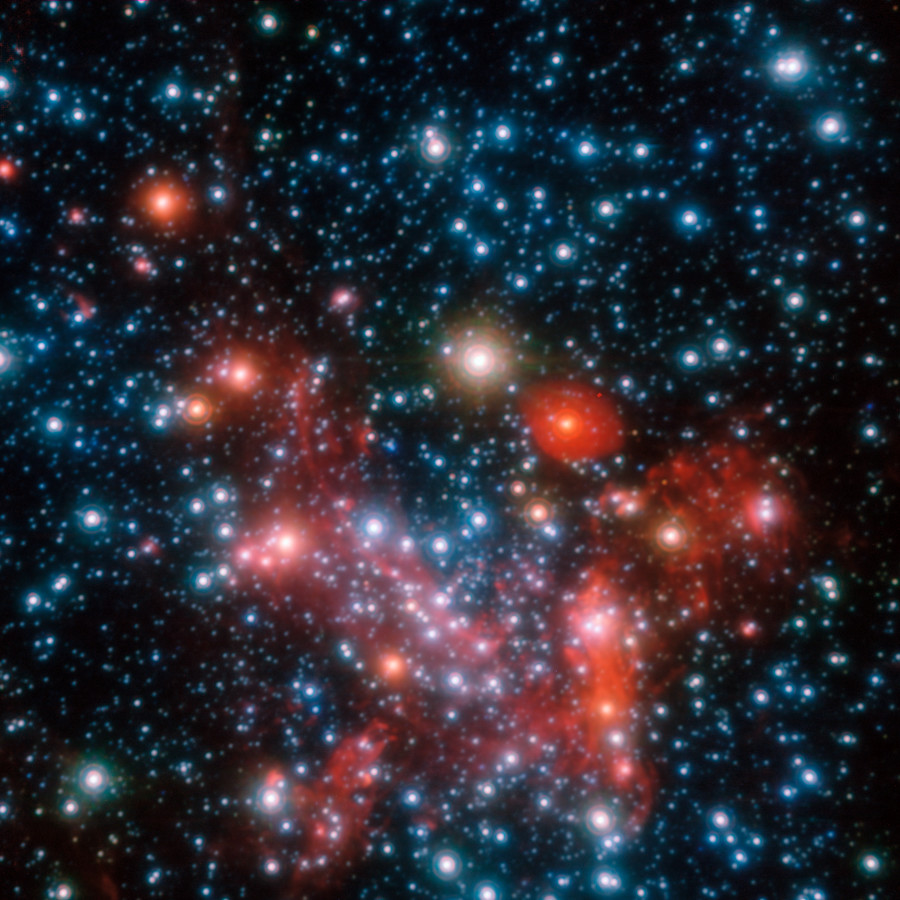
Written in the Gas: Jet Feedback in a Voorwerp Galaxy @astrobites's Shalini Kurinchi-Vendhan reports on the origins of the unusual green structure surrounding the active galaxy NGC 5972. aasnova.org/2025/07/18/wri…
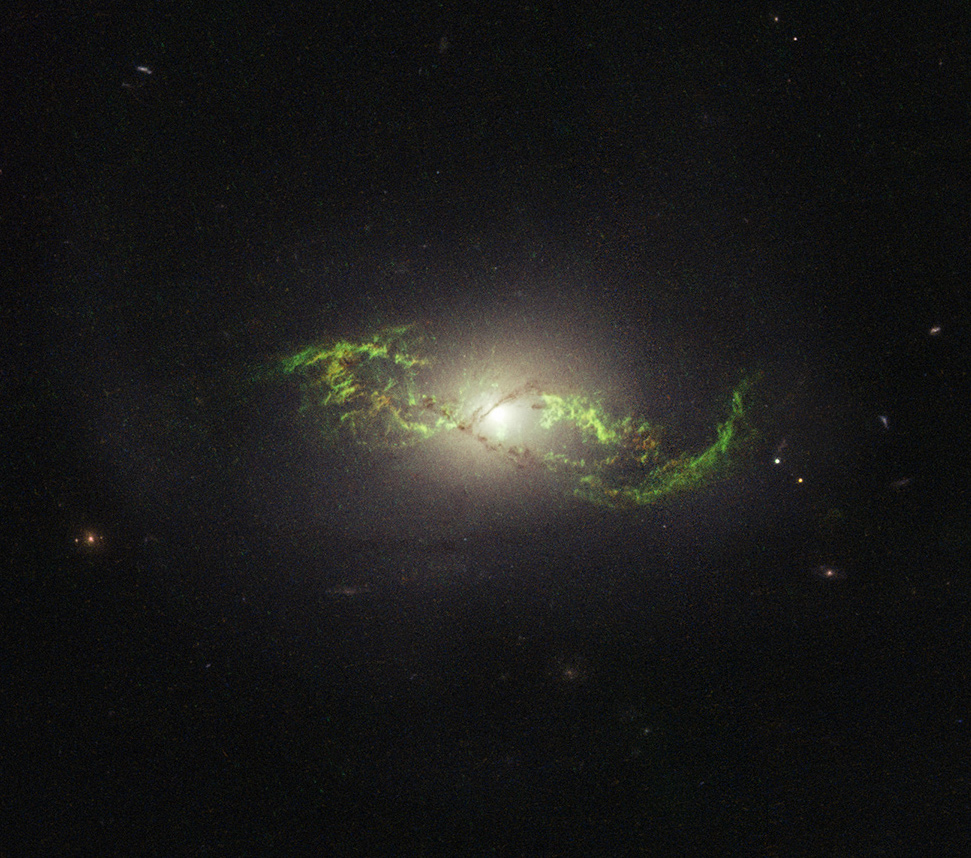
Astronomers Spot Possible Disk in Rubin Observatory First-Look Image One of the images from the Vera C. Rubin Observatory contained a rare find: a candidate circumstellar or protoplanetary disk in a region where few such disks have been discovered. aasnova.org/2025/07/16/ast…
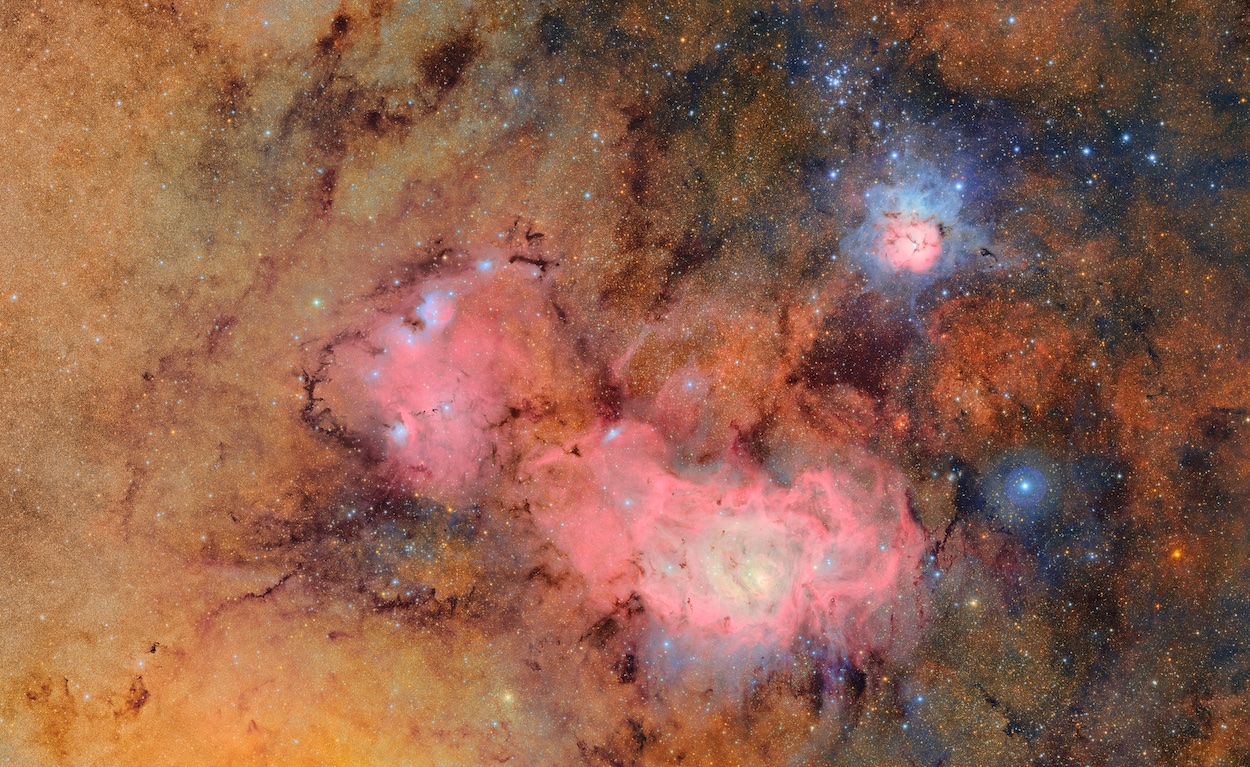
A Candidate Direct-Collapse Black Hole in the Infinity Galaxy A search for oddities in archival JWST data has turned up something remarkable: a rare pair of collisional ring galaxies that may have birthed a supermassive black hole during their clash. aasnova.org/2025/07/15/a-c…

Featured Image: Low-Mass Brown Dwarfs in a Class of Their Own? Observations of the young star cluster IC 348 revealed extremely low-mass brown dwarfs with signatures of hydrocarbons in their spectra: meet the members of the proposed “H” spectral class. aasnova.org/2025/07/14/fea…
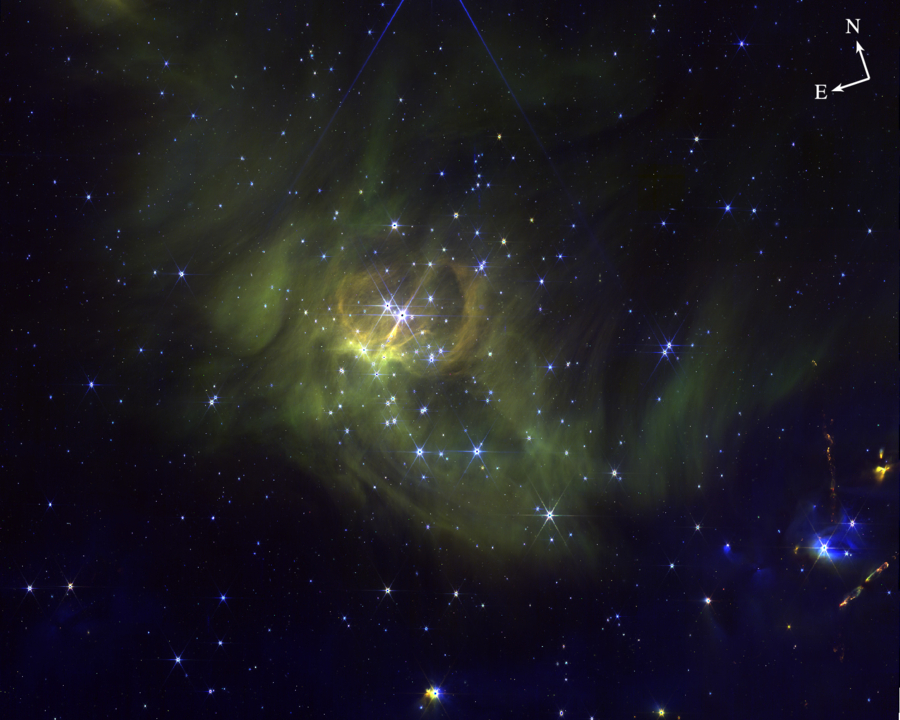
Double Disruption Dilemma: Exploring the Tidal Disruption Events of AT 2022dbl A recently discovered tidal disruption event has astronomers investigating new ways in which stars may be ripped apart by supermassive black holes. aasnova.org/2025/07/11/dou…
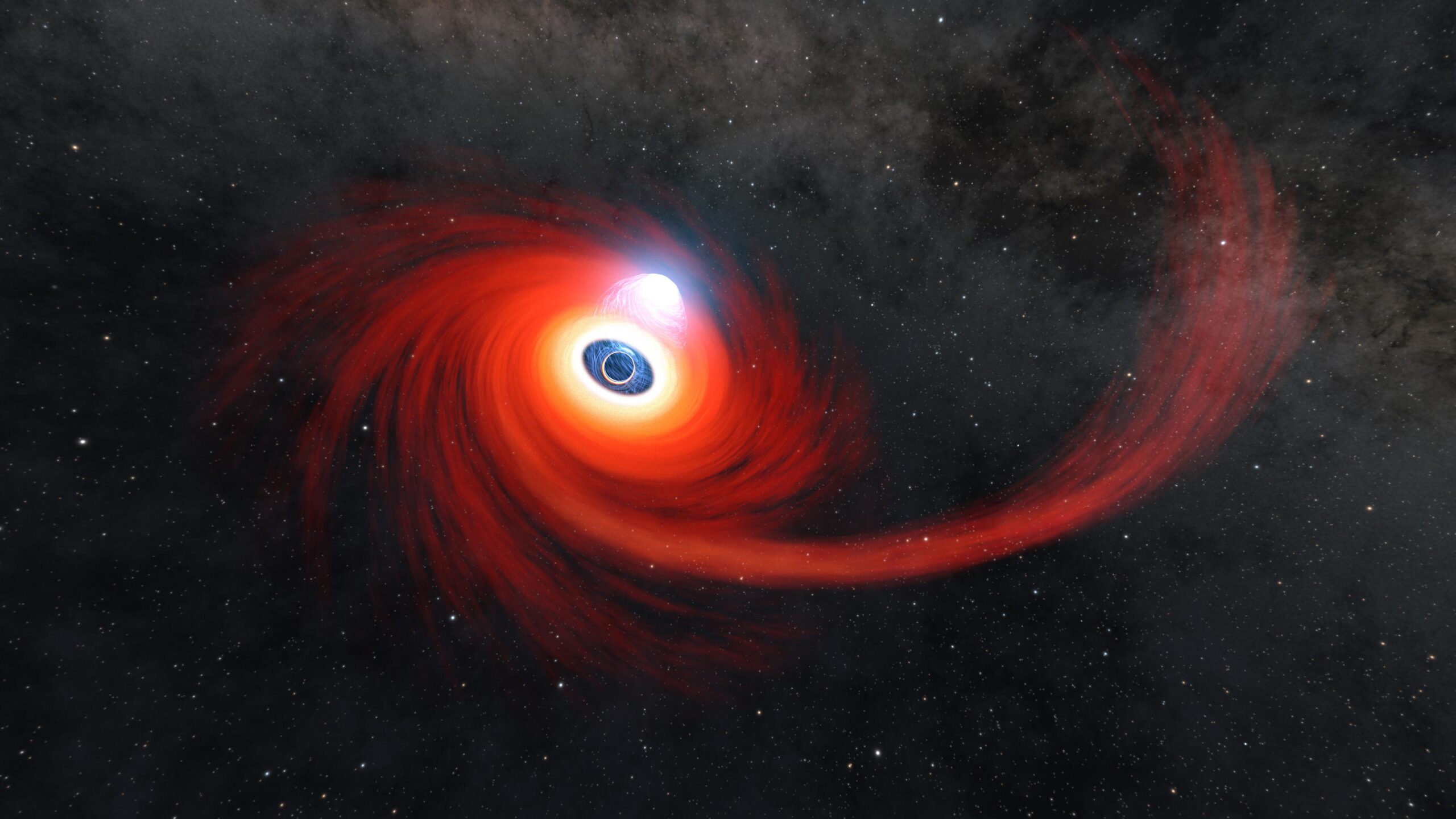
Minding the Gaps in Solar Wind Data A new method for handling data with significant gaps can be applied to extremely sparse datasets, such as Voyager data from the outer heliosphere. aasnova.org/2025/07/09/min…
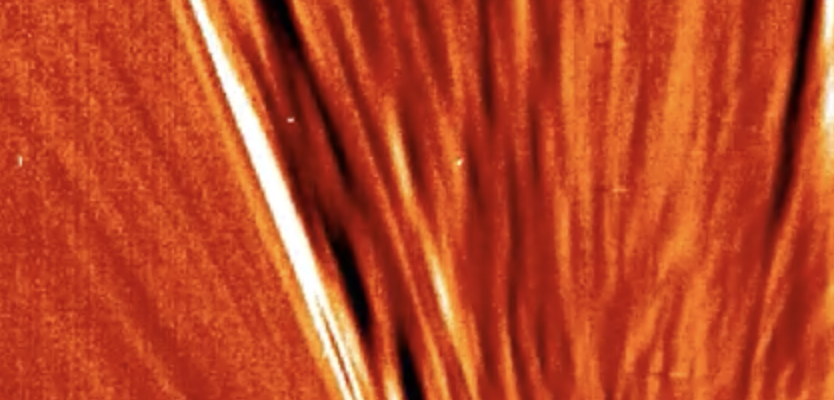
You Shall Not Pass! Active Galactic Nucleus Jets Through the Interstellar Medium @astrobites's Lindsey Gordon reports on simulations that improve our understanding of how jets from active galactic nuclei interact with the interstellar medium. aasnova.org/2025/07/08/you…

Exo-Saturns and Exo-Jupiters Are Within JWST’s Reach New research suggests that JWST is capable of directly imaging planets that resemble the gas giants in our solar system, provided they orbit nearby stars. aasnova.org/2025/07/07/exo… @michiganastro
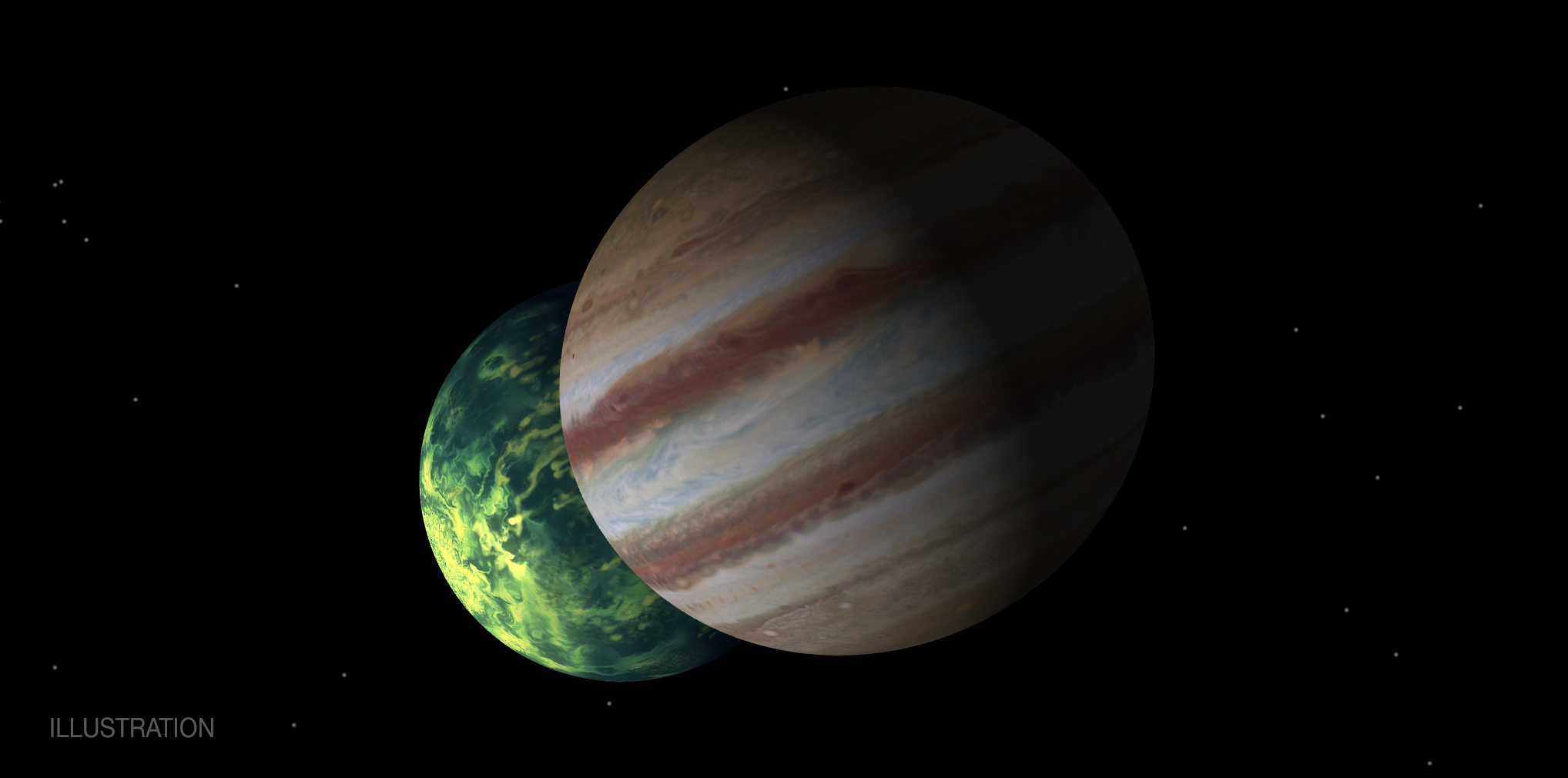
Citizen Science Born in the Pandemic: The Hubble Image Similarity Project A team of citizen scientists helped researchers create a database of image similarity information that can be used to test image-search algorithms. aasnova.org/2025/07/02/cit…
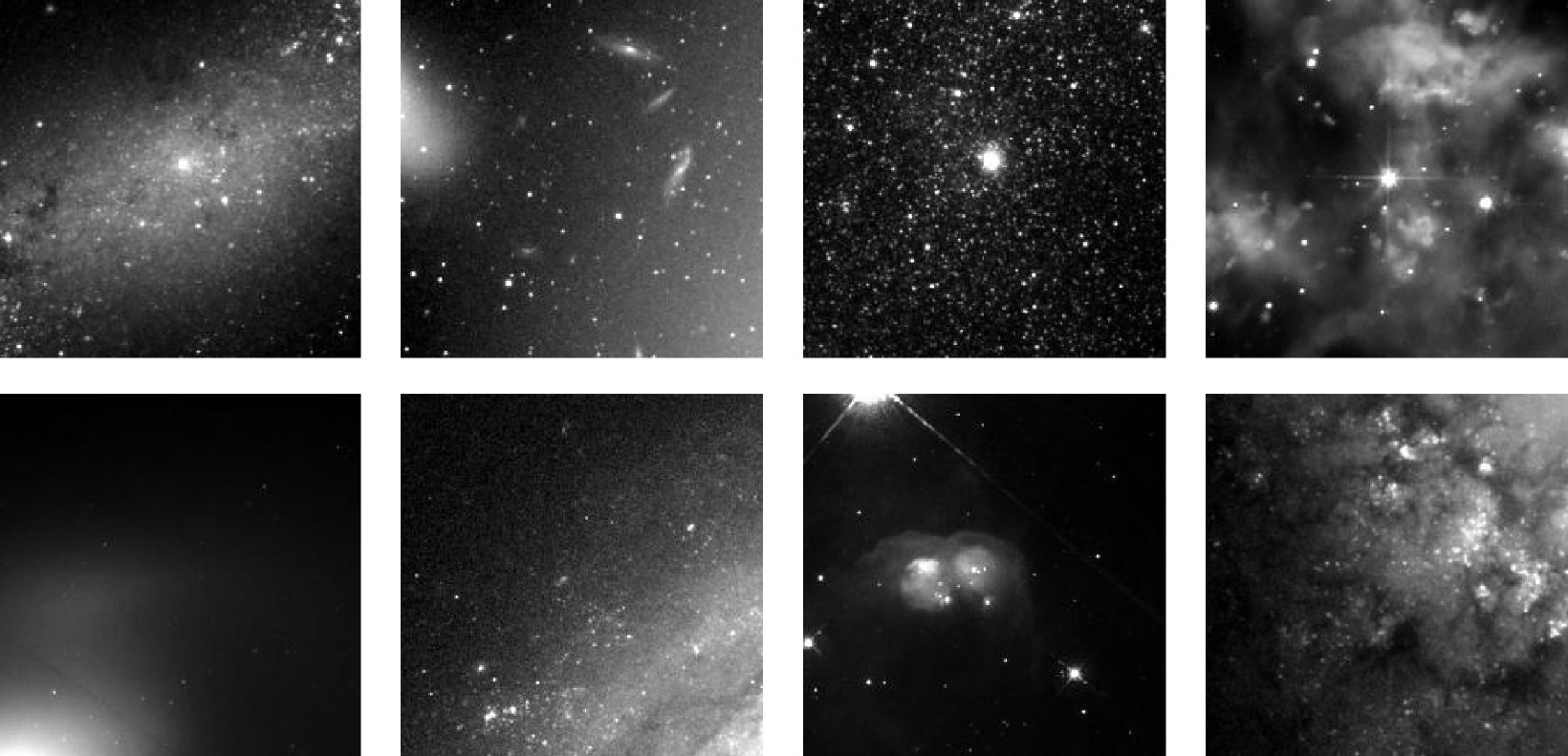
Giving Justice to Intermediate-Mass Black Hole Mergers @astrobites's Archana Aravindan reports on how researchers are preparing for future detections of merging supermassive and intermediate-mass black holes. aasnova.org/2025/07/01/giv…

Featured Image: Hubble and JWST Check Up on the BOAT Gamma-Ray Burst Two powerful telescopes examined the brightest gamma-ray burst ever observed by humans, hundreds of days after the burst was first detected. What did they see? aasnova.org/2025/06/30/fea…
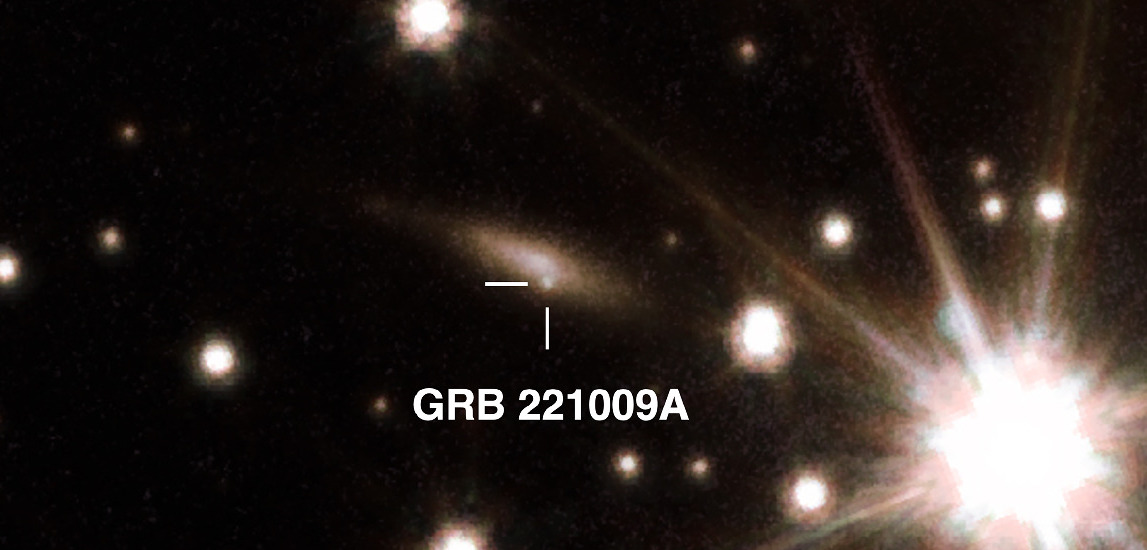
Finding Galaxies in the Dark: Using Globular Clusters to Identify Ultra-Diffuse Galaxies With their low surface brightness, ultra-diffuse galaxies are difficult to detect, but a recent study has spotted one via its globular clusters. aasnova.org/2025/06/27/fin… @UofTStatSci @UofTDSI
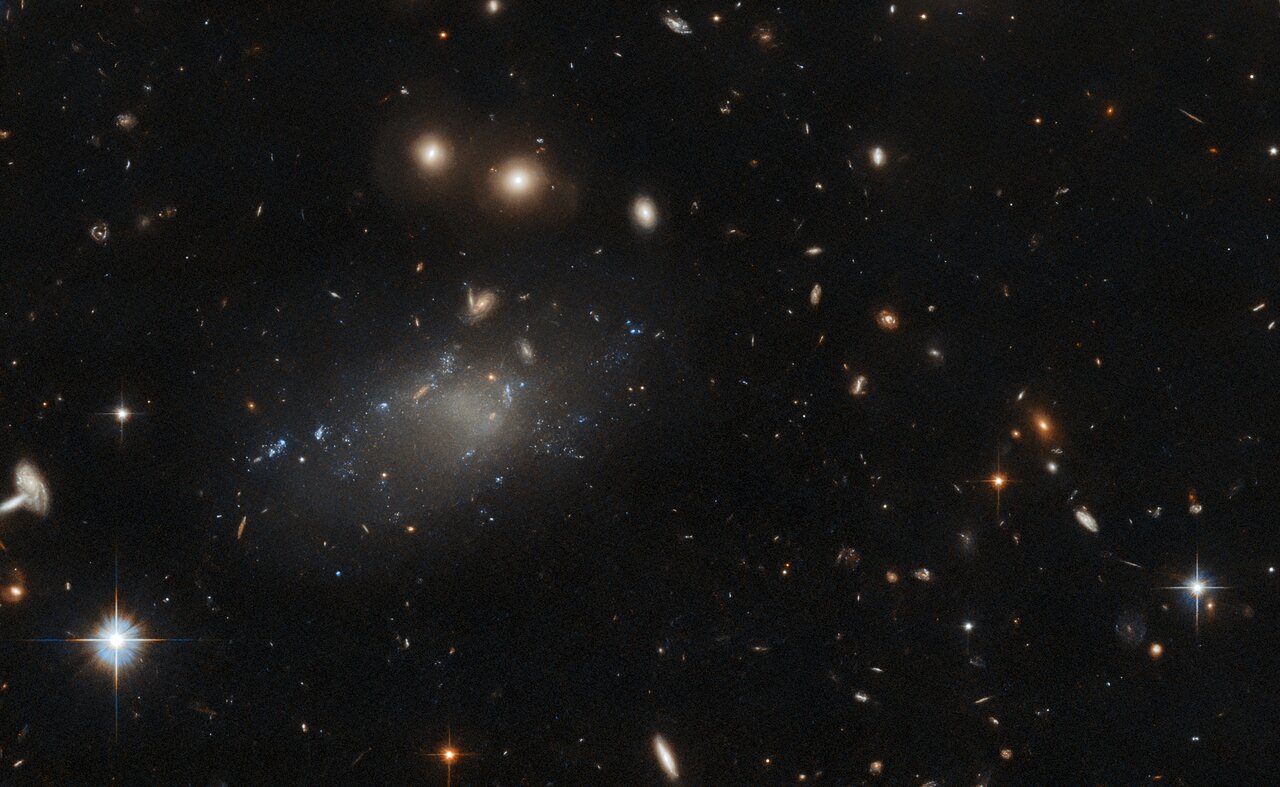
Duel of the Dual: The Mystery of a Quasar Pair @astrobites's Skylar Grayson reports on JWST observations of a mysterious binary quasar system from cosmic noon. aasnova.org/2025/06/24/due…

Planets Around Small Stars Even Less Likely to Have Atmospheres Than Previously Thought The troubles continue for planets around the smallest and coolest stars. aasnova.org/2025/06/23/pla… @KavliFoundation
